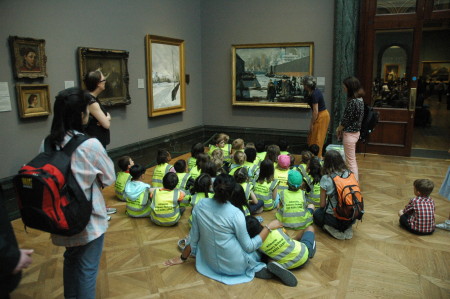Launch failures in the past decade cost Russia almost a billion dollars
According to a Russian news report today, a Russian government financial study has found that the eleven Russian launch failures that occurred from 2010 to 2018 cost the government almost a billion dollars.
“During this period (2010-2018), 11 emergency launches took place. The losses of Russian to more than 35 bln rubles (which is almost 13 times higher than insurance costs),” the document said.
At the same time, due to the insurance tool, Russia returned almost 20 bln rubles ($309.62 mln), which is more than seven times the insurance costs.
“It should also be noted that during this period there were a number of emergency that were not insured. The result of these accidents was the losses of Roscosmos State Corporation in the amount of over 10.5 bln rubles ($162.55 mln), the sources of compensation are not established,” according to the explanatory note to the draft resolution of the Russian government.
The report also noted that insurance for launches from 2019 to 2021 will cost the Russians about 15% per launch. I don’t know the normal per launch insurance rate, so it is unclear if this is a heavy burden or not.
What is clear is that the failures in the past decade not only cost Russia dearly in money, it also lost them their international commercial market share. Right now almost all their launches are for the government, which brings them no outside profit, something they need desperately to help finance their future space effort.
According to a Russian news report today, a Russian government financial study has found that the eleven Russian launch failures that occurred from 2010 to 2018 cost the government almost a billion dollars.
“During this period (2010-2018), 11 emergency launches took place. The losses of Russian to more than 35 bln rubles (which is almost 13 times higher than insurance costs),” the document said.
At the same time, due to the insurance tool, Russia returned almost 20 bln rubles ($309.62 mln), which is more than seven times the insurance costs.
“It should also be noted that during this period there were a number of emergency that were not insured. The result of these accidents was the losses of Roscosmos State Corporation in the amount of over 10.5 bln rubles ($162.55 mln), the sources of compensation are not established,” according to the explanatory note to the draft resolution of the Russian government.
The report also noted that insurance for launches from 2019 to 2021 will cost the Russians about 15% per launch. I don’t know the normal per launch insurance rate, so it is unclear if this is a heavy burden or not.
What is clear is that the failures in the past decade not only cost Russia dearly in money, it also lost them their international commercial market share. Right now almost all their launches are for the government, which brings them no outside profit, something they need desperately to help finance their future space effort.









 c
c

 c
c